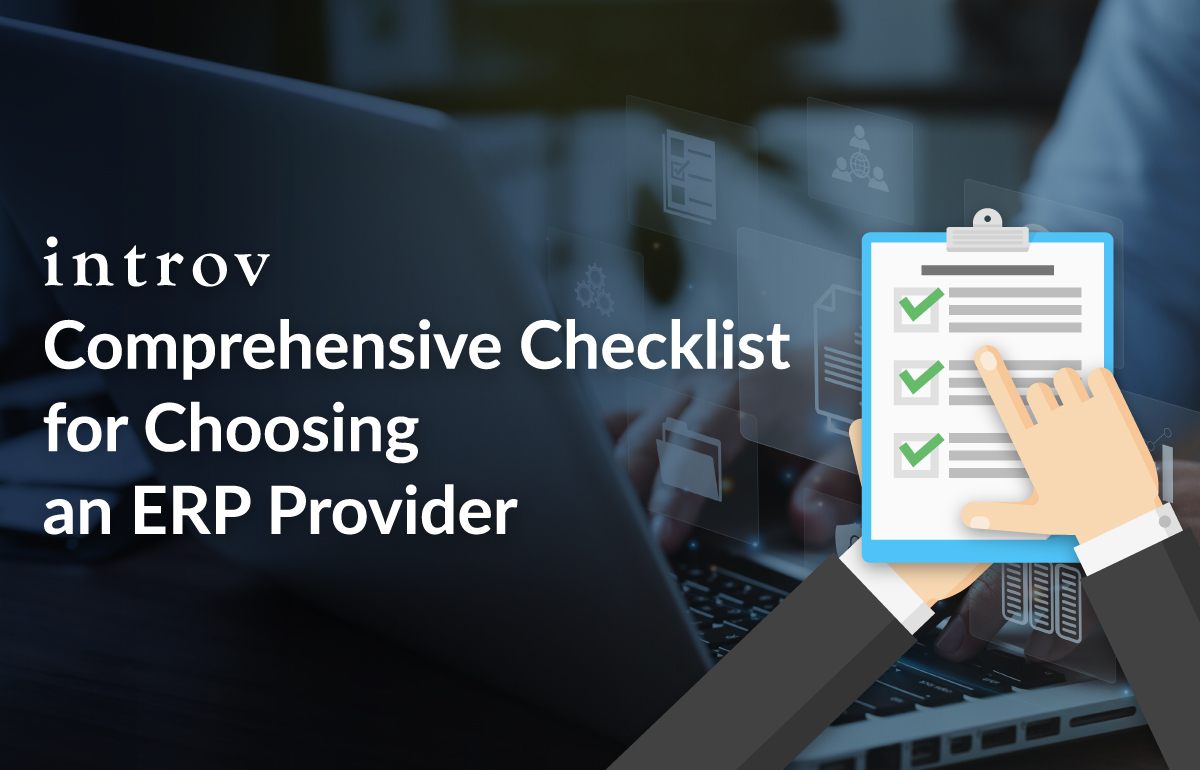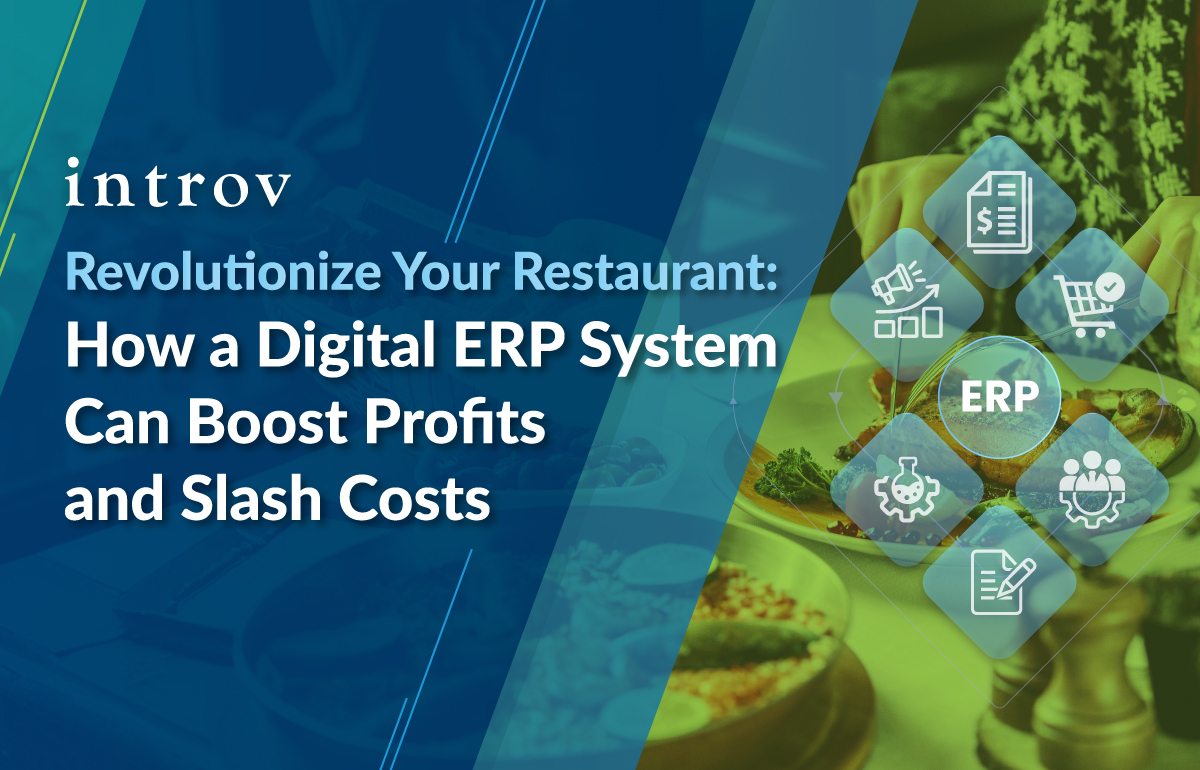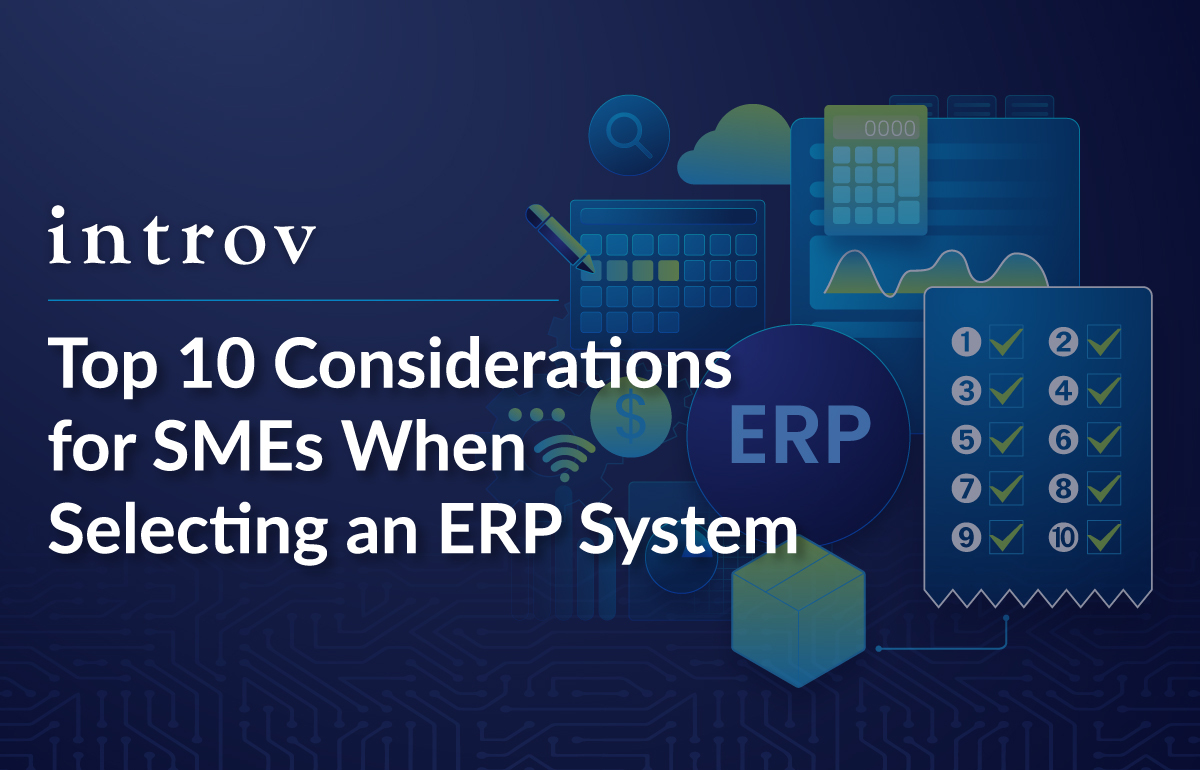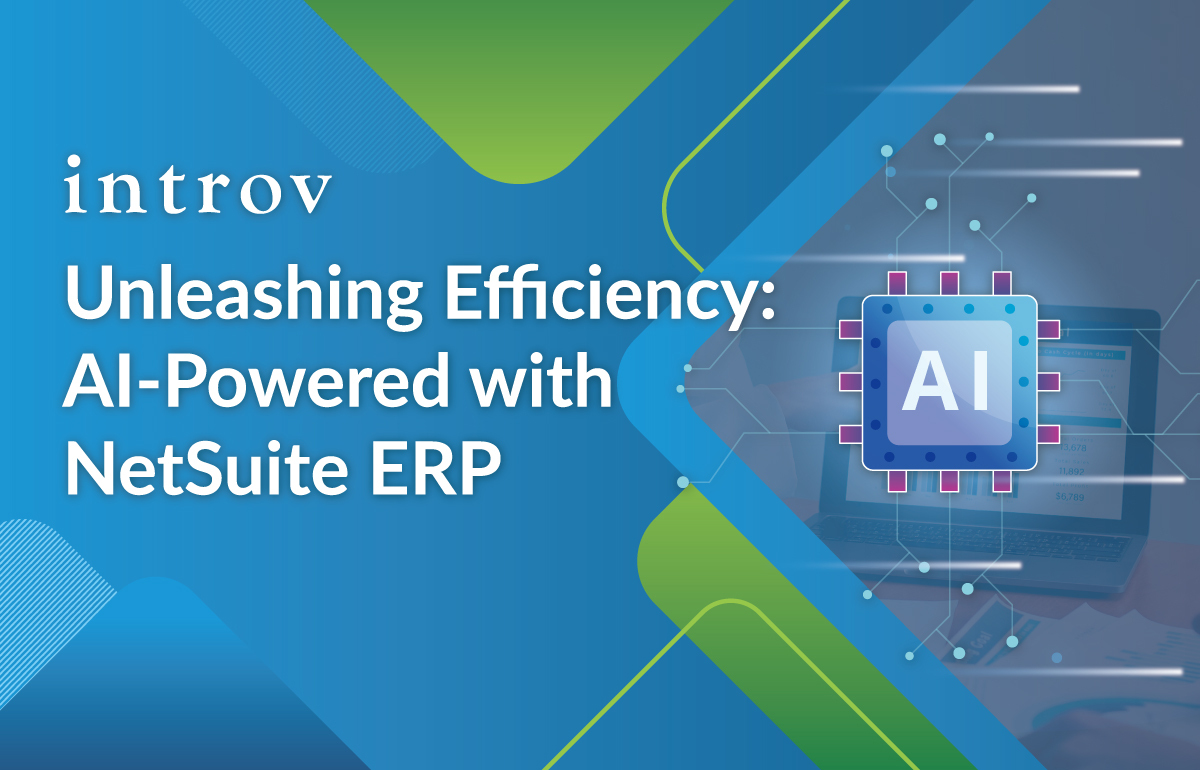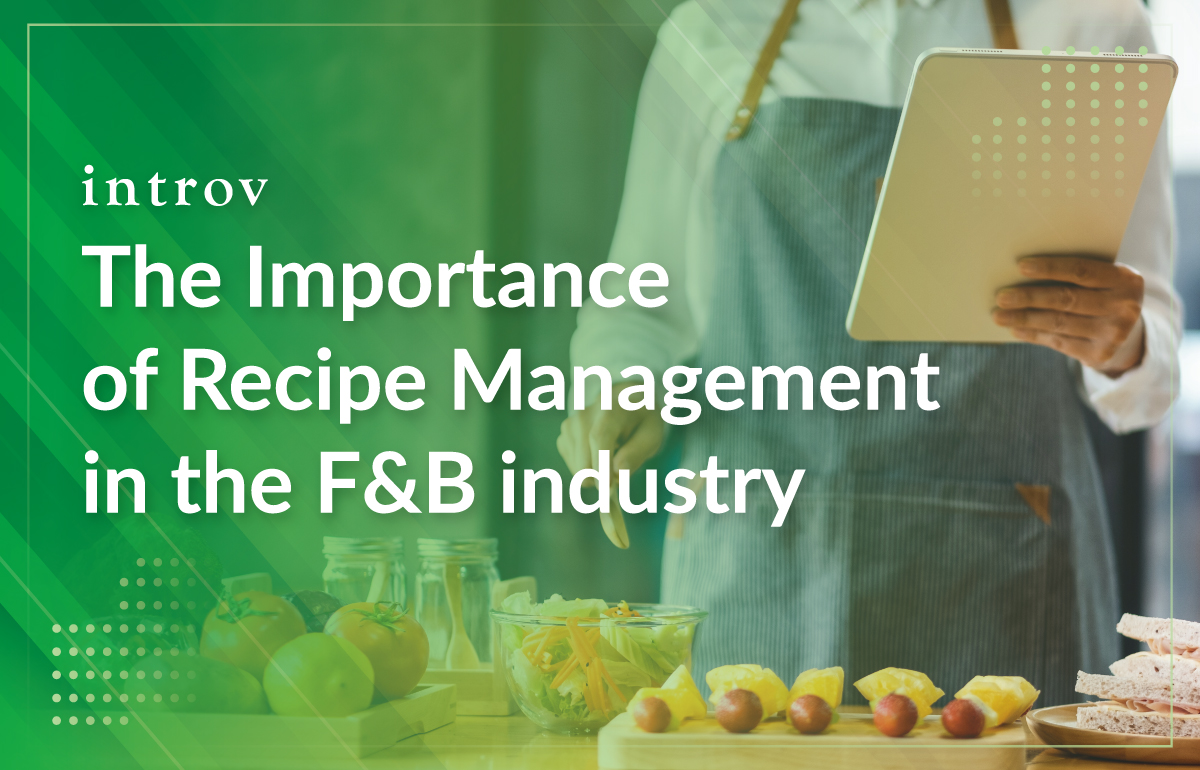
In the highly competitive world of food and beverage, consistency, quality, and efficiency are key to success. Recipe management plays a critical role in achieving these goals. It goes beyond simply following a set of instructions; it involves a comprehensive system that ensures every dish meets the highest standards every single time. Let’s dive into why recipe management is indispensable in the food and beverage industry, with examples of how ERP systems enhance this process.
1. Ensuring Consistent Product Quality
Consistency is king in the food and beverage industry. Customers expect their favorite dishes to taste the same every time they order them. For example, a popular coffee chain uses an ERP system to standardize their recipes across all locations. Effective recipe management ensures that every ingredient is measured accurately and every step is followed precisely, leading to products that consistently meet quality standards.
2. Cost Control and Waste Reduction
Food recipe & production helps in controlling costs by providing precise ingredient quantities needed for each recipe. This reduces waste and ensures that inventory is used efficiently. For instance, a bakery using an ERP system can track the exact amount of flour, sugar, and other ingredients needed for each batch of cookies. This minimizes over-ordering and spoilage, significantly cutting down on unnecessary expenses. Moreover, it helps in forecasting demand more accurately, leading to better procurement practices.
3. Compliance with Regulations
The food and beverage industry is heavily regulated to ensure safety and quality. Recipe management systems help businesses comply with these regulations by maintaining detailed records of ingredients and processes. For example, a dairy company can use an ERP system to track every batch of milk from the farm to the final product, ensuring traceability in case of a recall and that all health and safety standards are met.
4. Enhanced Ingredient Usage Management
Managing ingredients effectively is a complex task, especially when dealing with perishable goods. Recipe management systems track inventory levels, expiration dates, and supplier information. A restaurant chain, for example, can use an ERP system to automatically reorder fresh produce when stock levels are low, ensuring only the freshest ingredients are used. This helps in managing supplier relationships better and identifying and substituting ingredients that may be out of stock without compromising on quality.
5. Facilitating Product Innovation
Innovation is key to staying ahead in the food and beverage industry. Recipe management systems provide a structured way to experiment with new ingredients and cooking techniques. For instance, a beverage company can use an ERP system to experiment with different fruit combinations to create a new juice flavor. These systems allow for easy adjustments and version control, ensuring new recipes can be tested, refined, and perfected before they hit the market. This fosters a culture of innovation while maintaining quality and consistency.
6. Streamlining Operations
A well-implemented recipe management system can streamline kitchen operations significantly. It provides clear and accessible instructions for kitchen staff, reducing errors and training time. For example, a fast-food chain can use an ERP system to provide step-by-step instructions for making each menu item, ensuring that even new employees can quickly get up to speed. This leads to a more efficient kitchen environment, where staff can focus on delivering high-quality products rather than managing the intricacies of each recipe manually.
7. Managing Food Expiry Dates and Shelf-Life
A food expiry date or food shelf-life is key to informing customers of the safety and suitability to consume a particular food product. Recipe management systems, especially those integrated with ERP solutions, track the shelf-life of ingredients and finished products. For example, a canned food manufacturer can use an ERP system to monitor the expiration dates of their products, ensuring that only safe and high-quality items reach the consumers. This not only helps in maintaining product safety but also in planning production cycles and inventory turnover more efficiently. By managing expiry dates effectively, businesses can reduce waste, prevent foodborne illnesses, and build trust with their customers.
8. Lowering Costs and Maximizing Profits
In-Store Mobile Function for Central Procurement / Central Kitchen Management, like the one offered by Introv, is designed to help restaurants lower costs and maximize profits. By accurately calculating recipe food costs, businesses can make informed decisions about menu pricing and ingredient sourcing. This leads to better financial management and improved profitability. Additionally, such software helps in minimizing waste, further contributing to cost savings.
Recipe management is not just about following a recipe; it’s about creating a system that ensures quality, consistency, and efficiency in every product. It helps in controlling costs, managing ingredients, complying with regulations, fostering innovation, managing food expiry dates and shelf-life, and ultimately lowering costs while maximizing profits. In a competitive industry where every detail matters, effective recipe management can be the difference between success and failure.
Learn more about Introv Food and Beverage Digital Transformation Solution







